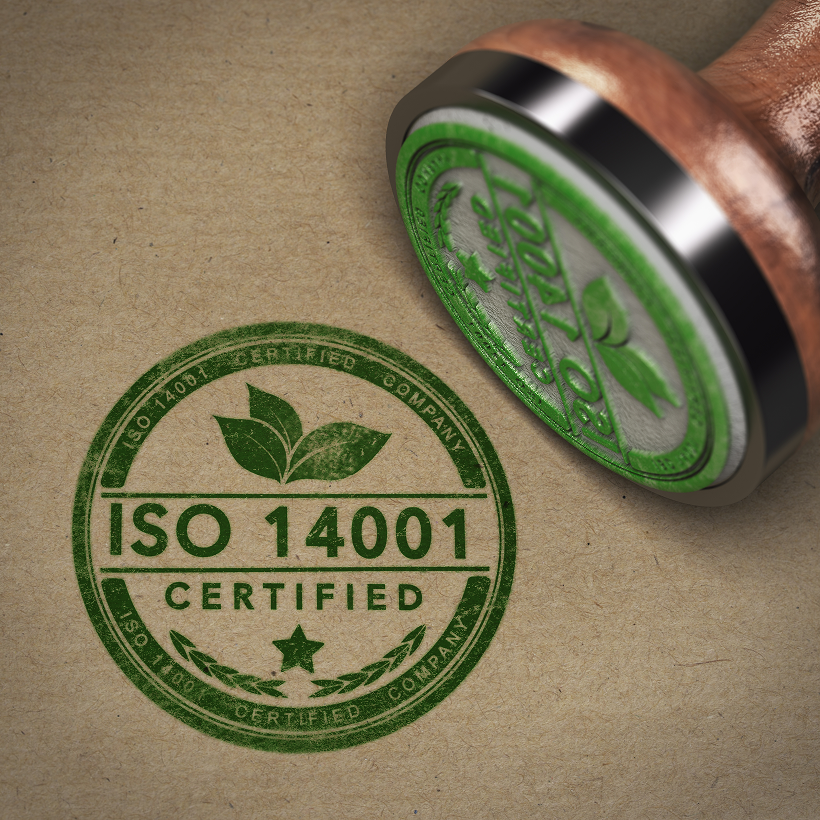A Bigger Impact With A Smaller Footprint
We take sustainability seriously - from the way we harvest minerals to the way we light our buildings. In 2024, we earned our ISO 14001 certification, a globally recognized symbol of environmental responsibility.
Here's how we're making a difference:
Protecting the Source that Sustains Us
We’ve always harvested from the Great Salt Lake responsibly. Recently, we built new, more efficient ponds to reduce our footprint even further. We also support lake conservation efforts, have given input on important legislation concerning lake preservation and regulation of mineral harvesting, and donate to initiatives that protect this incredible natural resource.


packaging with purpose
In 2024, we began rolling out bottles and caps made from 100% post-consumer recycled (PCR) plastic - starting with our flagship product, ConcenTrace®. By 2026, 98% of our plastic bottles will be made from PCR.
What Is 100% PCR?
It means no new plastic was created. These bottles are fully recyclable and made entirely from previously used materials.










